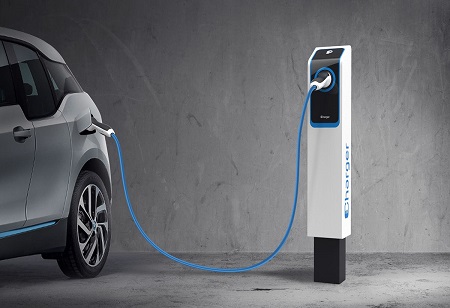Recently the central government urged local carmakers to check or restraint imports to EV components and other automotive components from countries such as China and rather establish manufacturing plants in India.
However, despite this call, industry players state India’s dependence on imports is not expected to decrease anytime soon as it would take a minimum of three to five years to step up the manufacture of
Electric Vehicle components in the country.
According to recent reports, there is a surge in the adoption of EVs globally, and India is no exception. Furthermore, Tesla’s foray into the Indian EV market is proof that Electric Vehicles are going to obtain greater adoption. But still there exist certain challenges that are faced by the Indian Electric Vehicle industry.
Challenges faced by the Indian EV industry
Lack of charging infrastructure: India needs a widespread charging infrastructure in order to meet the growing adoption of Electric Vehicles. Along with more
charging stations, another challenge is the lack of space as people require a place to charge their Electric Vehicles. Furthermore, what is adding pressure on the coal-powered electricity grid is the lack of affordable renewable energy.
Range anxiety: Potential Electric Vehicle customers are anxious when it comes to the range that an Electric Vehicle provides. Therefore, they look to ensure that the vehicle would help them in reaching their destination before the battery run-outs, which is closely related to the lack of charging stations in India. Hence, there should be a powerful thrust for charging infrastructure as well as other solutions such as battery swapping stations.
Financial challenges: Electric Vehicle customers at present face numerous financing challenges that include limited financing options, high interest rates, high insurance costs, etc. Since Electric Vehicles acquire widespread adoption, these financing challenges can restrain the widespread adoption of Electric Vehicles in India.
